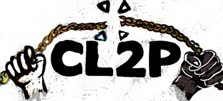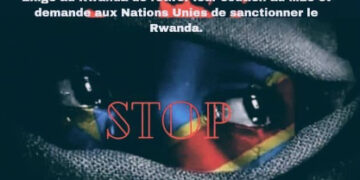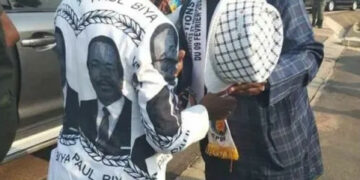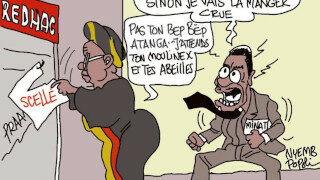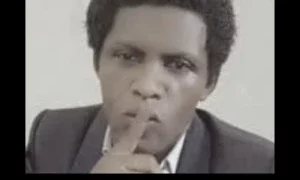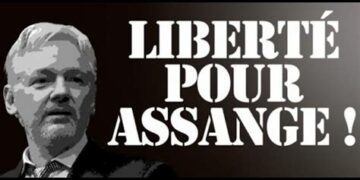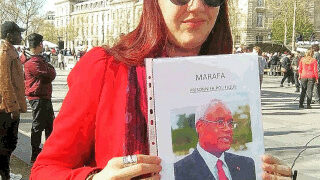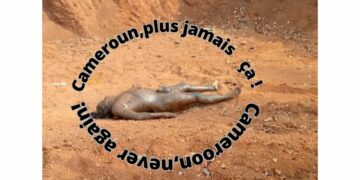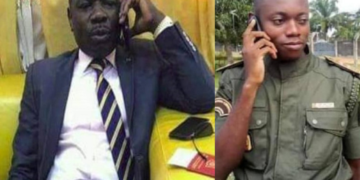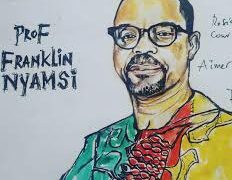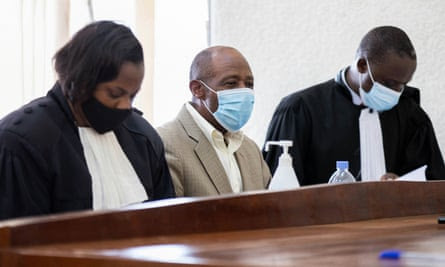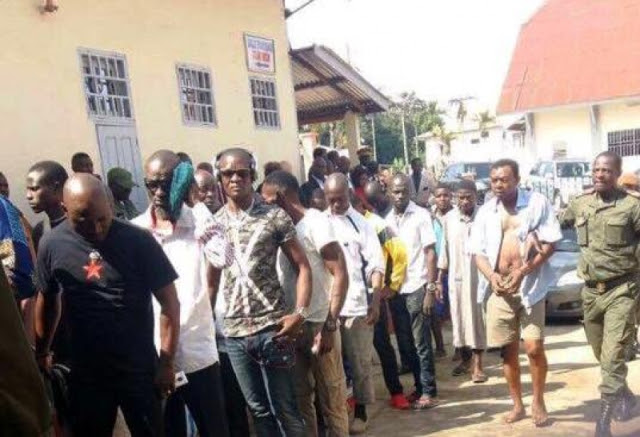Paul Rusesabagina, a businessman whose role in saving more than 1,000 lives inspired the film Hotel Rwanda, has appeared in court in Rwanda’s capital, Kigali, facing charges of terrorism and murder.
Rwandan authorities have accused Rusesabagina of being “the founder, leader, sponsor and member of violent, armed, extremist terror outfits … operating out of various places in the region and abroad”. The dissident faces a lengthy prison sentence, potentially for life.
Accompanied by lawyers appointed by the authorities, Rusesabagina declined to respond to all 13 charges, saying some did not qualify as criminal offences and saying that he denied the accusations when he was questioned by Rwandan investigators.
“I request that I am given bail and I assure the court that I will not flee from justice,” Rusesabagina said.
Rwandan media reported that Rusesabagina admitted sending funds to individuals linked to an armed rebel group but said the money was sent for charitable purposes only to people in need who requested help from him, and was not intended to support violence.
The family of Rusesabagina, who is an outspoken critic of the Rwandan president, Paul Kagame, have accused the east African country’s authorities of kidnapping the 66-year-old from Dubai earlier this month and denying him fair legal representation.
Supporters have raised concerns over a “show trial” in which Rusesabagina is pressured to confess to crimes he did not commit.
It is unclear how Rusesabagina, who flew to Dubai from his home in the US, was brought to Rwanda. Officials in Kigali have said he was arrested on what they described as “an international warrant”.
Flight logs have identified a private jet that took off from Dubai and landed at Kigali at 6am on 28 August. Lawyers acting for his family said they believed it was “highly likely” Rusesabagina was on the plane.
Kagame has denied Rusesabagina was kidnapped, but suggested he had been the victim of some kind of trick.
On Monday, prosecutors said Rusesabagina had recruited dozens of fighters of the Forces for National Liberation (FLN), a rebel group that has carried out a number deadly attacks in Rwanda in recent years. The FLN was the military wing of the Rwanda Movement for Democratic Change (MRCD) political party, which Rusesabagina helped to found.
“As yet, Paul has only had contact with lawyers assigned to him by the Rwandan authorities. He had no access to independent advice from his own lawyers. Paul’s family reiterates his right to consult with lawyers of his own choosing, particularly given the extraordinary circumstances surrounding his arrest,” a spokesman for Rusesagabina’s family said.
The hearing was held under heavy security. Rusesagabina, a cancer survivor, told judges his health was poor and that he had required hospitalisation three times since reaching Rwanda. He asked judges to look favourably on his application for bail. The court was adjourned until Thursday.
Kagame, who won a third term in power with 98% of the vote at elections in 2017, is a divisive figure. He is credited with the development and stability Rwanda has experienced since the genocide, but he is also accused of intolerance of any criticism, whether domestic or international.
The government has previously been accused of hunting down dissidents overseas. South African investigators have said the government was directly involved in the killing of Patrick Karegeya, an outspoken critic, in Johannesburg in 2014.
Last year, Callixte Nsabimana, the FLN’s leader, went missing in the Comoros Islands only to reappear two weeks later in Kigali in police detention charged with terrorism offences.
Amnesty International called on Rwandan authorities to reveal the circumstances of Rusesabagin’s arrest, and exactly what transpired between Thursday 27 August, when he spoke to his family after arriving in Dubai, and Monday 31 August, when he was paraded in front of the media in Kigali.
“Assuming he was in detention during this time and the Rwandan authorities concealed information on his whereabouts, this amounts to an enforced disappearance,” said Deprose Muchena, Amnesty International’s director for east and southern Africa.
Rusesabagina was the general manager of a luxury hotel in Kigali during the 1994 genocide, in which an estimated 800,000 people were killed with knives, clubs and other weapons.
The 2004 film told the story of how Rusesabagina used his influence and bribery to save the lives of 1,200 people who sheltered at the Mille Collines hotel in the capital during the worst of the massacres. He later fled to Belgium and the US where he was honoured with a presidential medal of freedom, the nation’s highest civilian honour, by the then president, George W Bush, in 2005.
The Rwandan government disputes Rusesabagina’s story about saving people during the genocide, and Ibuka, a Rwandan genocide survivors’ group, has in the past said Rusesabagina, who runs a humanitarian foundation, exaggerated his role in helping people escape the genocide.
